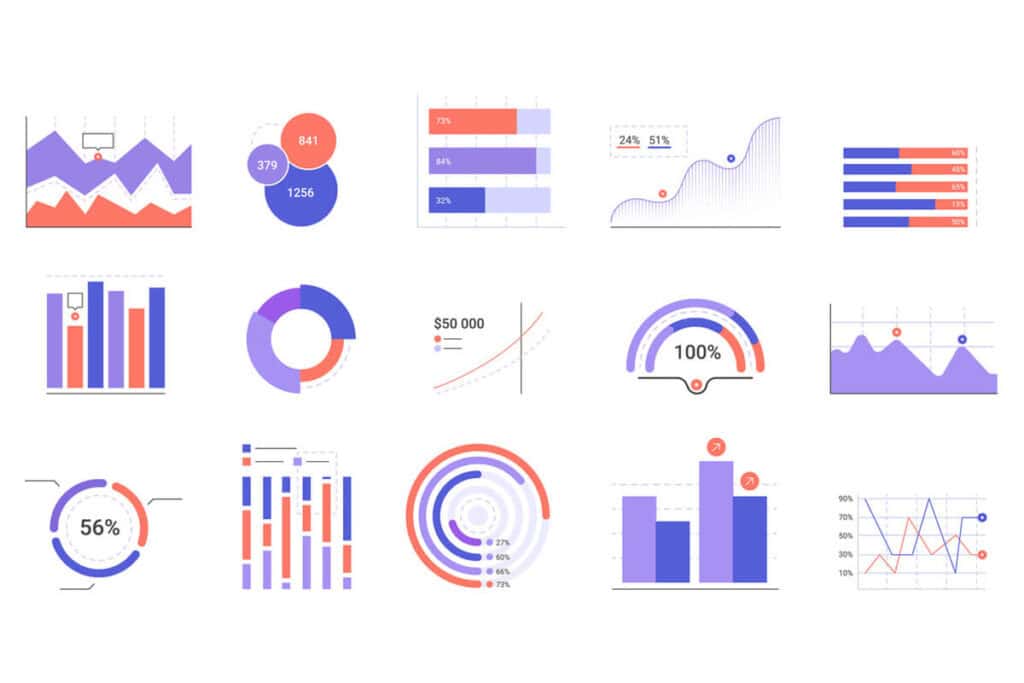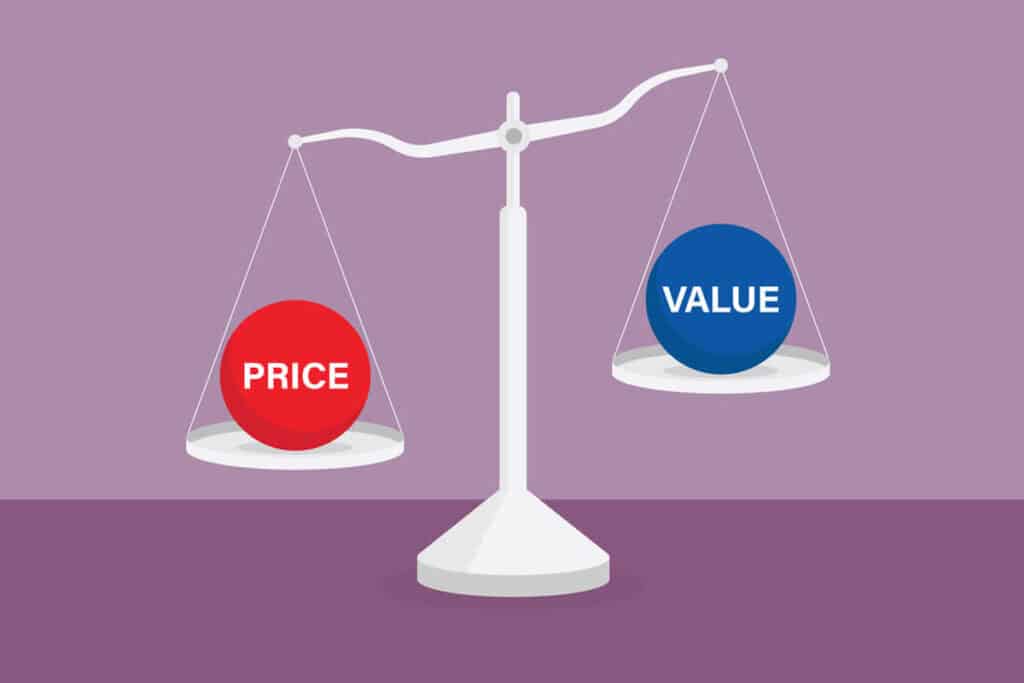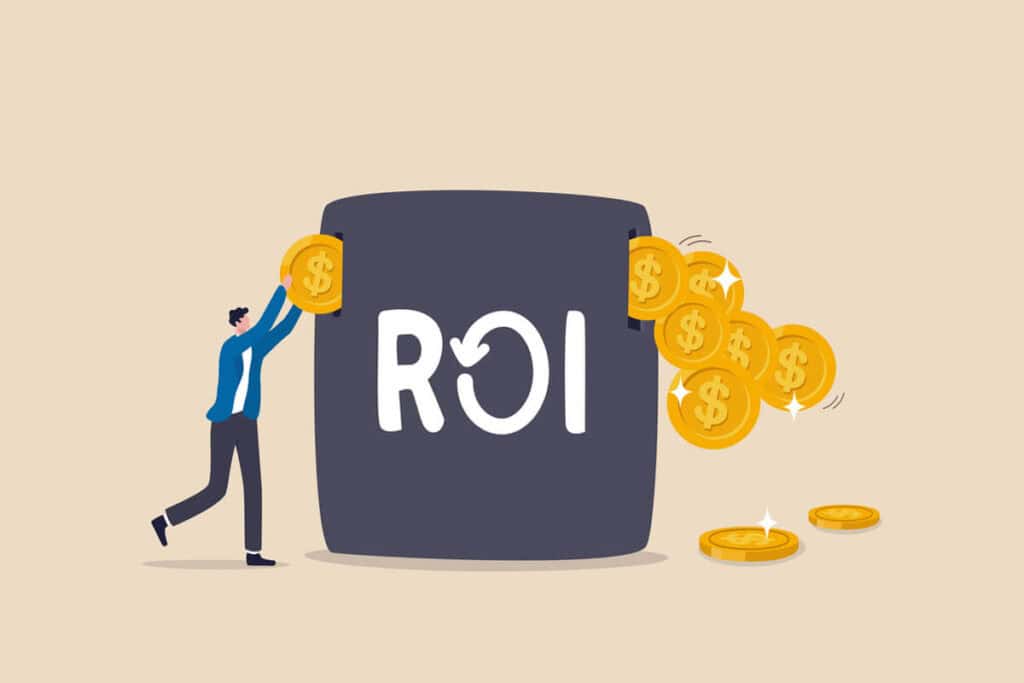Key Highlights
- Software-as-a-Service (SaaS) Business Intelligence (BI) delivers subscription based business intelligence tools using web services.
- SaaS BI allows organizations to conveniently access and harness advanced analytics, data visualization, and reporting capabilities over the Internet without requiring physical infrastructure on site.
- SaaS BI commonly incorporates valuable functionalities like data integration, data warehousing, ad hoc querying, and dashboards.
- SaaS BI tools excel at effectively managing colossal volumes of data within the cloud environment.
- SaaS BI offers cost-effectiveness, scalability, and improved data security and compliance measures compared to traditional BI systems.
- SaaS BI tools provide different types of BI tools, including analytical processing tools, data visualization tools, and reporting tools.
- Introduction
Table of Contents
ToggleSaaS Business Intelligence (SaaS BI) delivers business intelligence tools and services via a Software-as-a-Service model. It provides advanced analytics, data visualization, and reporting over the Internet without onsite infrastructure. Features include data integration, warehousing, ad hoc querying, and dashboards.
SaaS BI leverages cloud-based solutions for data analysis, offering convenient access to analytics through web apps without costly hardware or complex installations. Trusted providers host essential tools online for flexible pricing options and scalable performance in managing large data volumes.

Introduction
Business Intelligence solutions help to make operational data into a resource that supports decision making in a consumable form. What users see is a tiled dashboard that lays data out in visual form that makes insights easy to see. SaaS delivery simply makes these solutions easier for organizations to access by allowing them to ren the application rather than purchase it. BI has evolved from the need to make data reporting better.
As a young programmer in the UK Department of Energy I used to have to code tabular reports for the analysts I supported. Later, in the mod 80s I started using reporting tools including SAS to show uptime and reliability data for our data center in the City of London. In the 90s, as a Sales Engineer at Oracle I used to demonstrate or first drag-and-drop visual report writer competing against the likes of PowerBuilder. Companies like Cognos developed more visual tools and tools like Looker took them to the web with SaaS delivery of dashboards and definitions stored in a database such as Actian Vector.

What Is SaaS Business Intelligence?
SaaS Business Intelligence (SaaS BI) provides analytics tools and services via a software-as-a-service model. It offers advanced analytics, data visualization, and reporting through web applications, eliminating on-site infrastructure and IT management needs. Users access tools online, avoiding hardware costs and complex setups.
Cloud-based SaaS BI enables remote collaboration and access to analytics anytime, anywhere. These platforms offer data integration, warehousing, querying, and dashboards for comprehensive data analysis and insights presentation. SaaS solutions enable fast time to value and avoid up-front costs that are incurred when licensing an in-house hosted solution. Customers typically pay a monthly rental fee based based on usage which is metered.
The Importance of SaaS BI in Today’s Business Environment
In today’s business environment, data analysis is crucial for organizations to stay competitive and make informed decisions. The importance of SaaS Business Intelligence (BI) plays a vital role in enabling businesses to effectively analyze their raw data and gain valuable insights for more confident data-driven decision making. By using SaaS BI tools, organizations can meet their data analysis needs, extract actionable information, and improve business performance through data-driven decision-making using the right data sets and analyzing them in the right ways. SaaS business intelligence software, such as Microsoft Power BI, and Qlik provide a powerful tool that allows businesses to analyze data from various sources and identify trends and patterns, making it an essential element in a business.

Driving Data-Driven Decisions Across Organizations
SaaS BI enables data-driven decisions by providing insights from operational data. By leveraging advanced analytics, businesses analyze their data to drive decision-making. Insights help identify trends and patterns, leading to better informed decisions.
Business analytics optimize processes and improve efficiency, and help a business to remain competitive. SaaS BI tools offer a user-friendly interface for easy data exploration with interactive dashboards and reports for visualizing key insights and trends.
Enhancing Operational Efficiency and Productivity
SaaS BI tools enhance operational efficiency by streamlining processes, identifying bottlenecks, and facilitating data-driven decisions. They analyze large volumes of data to improve workflows, reduce costs, and boost productivity. Real-time analytics enable monitoring of KPIs for proactive decision-making and operational excellence.

Key Benefits of SaaS Business Intelligence
SaaS Business Intelligence (BI) offers cost-effective, scalable solutions with strong data security and compliance capabilities. The subscription-based pricing model eliminates costly infrastructure investments, providing advanced analytics capabilities. By renting software departments can use operational budgets and avoid costly capital procurement justifications.
SaaS solutions are pre-installed and configured to it is easy to quickly upload and explore data from operational data sources.
Scalability allows businesses to adjust usage without additional hardware or software investments. Cloud based system are elastic in that they can instantly add capacity as usage demands dictate. Systems don’t need to need to be sized to meet peak demand workloads. The service provider only bills for the resources that were actually used during the previous billing period.
Enhanced data security measures and regulatory compliance protect sensitive data and mitigate risks. Data can be stored in encrypted form at rest and transmitted securely over SSL encrypted links. Sensitive data can also be masked to double protect data such as social security number or bank account numbers.
Scalability and Flexibility for Growing Businesses
Scalability and flexibility are crucial for growing businesses considering business intelligence solutions. SaaS BI provides scalable and flexible options to meet evolving needs. Scalability allows handling more data without performance issues.
SaaS BI can scale seamlessly as data volumes increase, eliminating the need for extra investments. Flexibility enables tailoring solutions to specific requirements, selecting analytics tools that align with growing needs, and adapting analytics capabilities for informed decision-making.

Cost-Effectiveness Compared to Traditional BI Systems
SaaS Business Intelligence (BI) provides cost-effective solutions compared to traditional systems, attracting more software buyers with its subscription-based pricing model.
With SaaS BI, businesses access advanced analytics without the upfront costs of hardware and software purchases. Providers handle infrastructure maintenance, easing IT workload and enabling efficient budget allocation for more value-driven data initiatives.

Improved Data Security and Compliance Measures
Data security and compliance are crucial for businesses choosing a BI solution. SaaS BI offers enhanced security measures over traditional systems. Data is securely stored in the cloud, reducing breaches and unauthorized access.
Providers use encryption and access controls to protect data. SaaS BI ensures compliance with regulations like GDPR and HIPAA, mitigating legal and reputational risks related to data privacy and security.
Types of SaaS Business Intelligence Tools and Their Applications
SaaS Business Intelligence (BI) offers a variety of tools to meet different business intelligence needs. These tools utilize advanced analytics and business intelligence technology to provide valuable insights to organizations including predictive analytics. These are some types of SaaS BI tools and their applications.
Analytical Processing Tools for In-Depth Insights
Analytical processing tools in SaaS Business Intelligence (BI) offer deep data insights through advanced analytics techniques. They handle complex queries and calculations to identify patterns, trends, and outliers, aiding informed decision-making and strategic planning. These tools integrate with data warehouses to access consolidated data for a comprehensive business performance overview.

Data Visualization Tools for Better Understanding
Data visualization tools are crucial in SaaS Business Intelligence for deep understanding of operational business data. These tools transform complex data into visually appealing visuals like charts, graphs, and dashboards, making data interpretation easier. They enhance decision-making by identifying trends, patterns, and correlations and facilitate effective communication of insights across teams.
Reporting Tools for Regular Business Updates
Reporting tools in SaaS Business Intelligence (BI) are crucial for generating regular updates on key performance indicators (KPIs) and metrics. These tools offer real-time data access, enabling businesses to monitor progress towards objectives and make data-driven decisions.
Customized reports provide insights across different business aspects, delivered automatically to stakeholders. This ensures organizations stay informed, identify areas for improvement, and align actions with objectives for growth and success.

How SaaS BI Promotes Data-Driven Decision Making
SaaS Business Intelligence (SaaS BI) promotes data-driven decision making in organizations by utilizing advanced analytics services, real-time data, and custom dashboards. It enables businesses to extract actionable insights from their data for informed decision-making.
With modern SaaS BI tools, organizations gain up-to-date information on performance indicators, market trends, and customer behavior. Custom dashboards offer personalized views of data with key metrics and visualizations tailored to specific needs, empowering users to explore data and drive business growth with a SaaS solution for business intelligence.
Real-Time Analytics and Reporting Features
Real-time analytics in SaaS Business Intelligence is vital for informed decision-making. It provides current metrics, market trends, and customer insights for agile responses.
SaaS BI platforms offer customizable reporting and visualizations, including sales data and financial performance. Timely decisions are essential for staying competitive, and real-time analytics empower organizations to act on current data for capitalizing on opportunities and risk mitigation.

Custom Dashboards and Interactive Reports
Custom dashboards and interactive reports are essential features of SaaS Business Intelligence, enhancing data analysis and decision-making. Users can create personalized views by selecting key metrics, charts, and visualizations that meet their specific business requirements.
These tools offer a comprehensive overview of business metrics, including important SaaS metrics such as ARR, NDR, Churn, and Cash, enabling performance monitoring, trend identification, and anomaly detection. Customizing dashboards and reports through the user interface allows organizations to focus on relevant data and gain valuable insights.
Interactive reports enable users to explore data further by drilling down into specific details. Users can interact with the reports, filter data, and conduct ad hoc queries to uncover insights and address business questions. This interactivity empowers users to delve deeper into their data, identify patterns, and make confident data-driven decisions.

Evaluating the Cost-Benefit of SaaS BI Tools
When adopting SaaS Business Intelligence (SaaS BI) tools, organizations must evaluate their cost-benefit. This includes assessing total ownership costs, ROI, and conducting a cost-benefit analysis.
Total ownership costs encompass initial investments and long-term expenses like maintenance and training. Understanding these is crucial for informed decisions on SaaS BI adoption.
ROI considerations are vital too. Organizations need to evaluate potential returns like better decision-making and increased efficiency.
A cost-benefit analysis helps weigh the benefits against costs. By evaluating improved insights and streamlined processes, organizations can make informed decisions about adopting SaaS BI.
Understanding the Total Cost of Ownership
Understanding the total cost of ownership is crucial when evaluating SaaS Business Intelligence (SaaS BI) tools. It includes upfront implementation costs and long-term expenses like maintenance, upgrades, and training.
Consider subscription fees, customization costs, data storage fees, and charges for advanced features or user licenses. It’s essential to have a clear understanding of these costs to manage ongoing expenses effectively.
Additionally, factor in the time and resources needed for training and support as SaaS BI solutions may require skill development and workflow adjustments that impact productivity.

ROI Considerations for Small and Medium Businesses
When selecting SaaS Business Intelligence (SaaS BI) tools, SMBs must assess the potential ROI carefully. These tools provide advanced analytics without significant upfront costs, enabling SMBs to enhance decision-making and drive growth.
Evaluating benefits like the operational efficiency and revenue increases against expenses such as subscription fees is crucial for SMBs who have limited resources.
Conclusion
SaaS Business Intelligence is elevating decision-making processes by providing real-time insights, enhancing operational efficiency, and agility. Its scalability, cost-effectiveness, and improved compliance measures make it indispensable.
With a range of tools for advanced analytics, visualization, and reporting, SaaS BI empowers organizations to drive better data-driven decisions and stay ahead of the curve. As predictive analytics and AI continue to shape the future of BI, embracing SaaS BI tools becomes essential for businesses to operate at their full potential.





